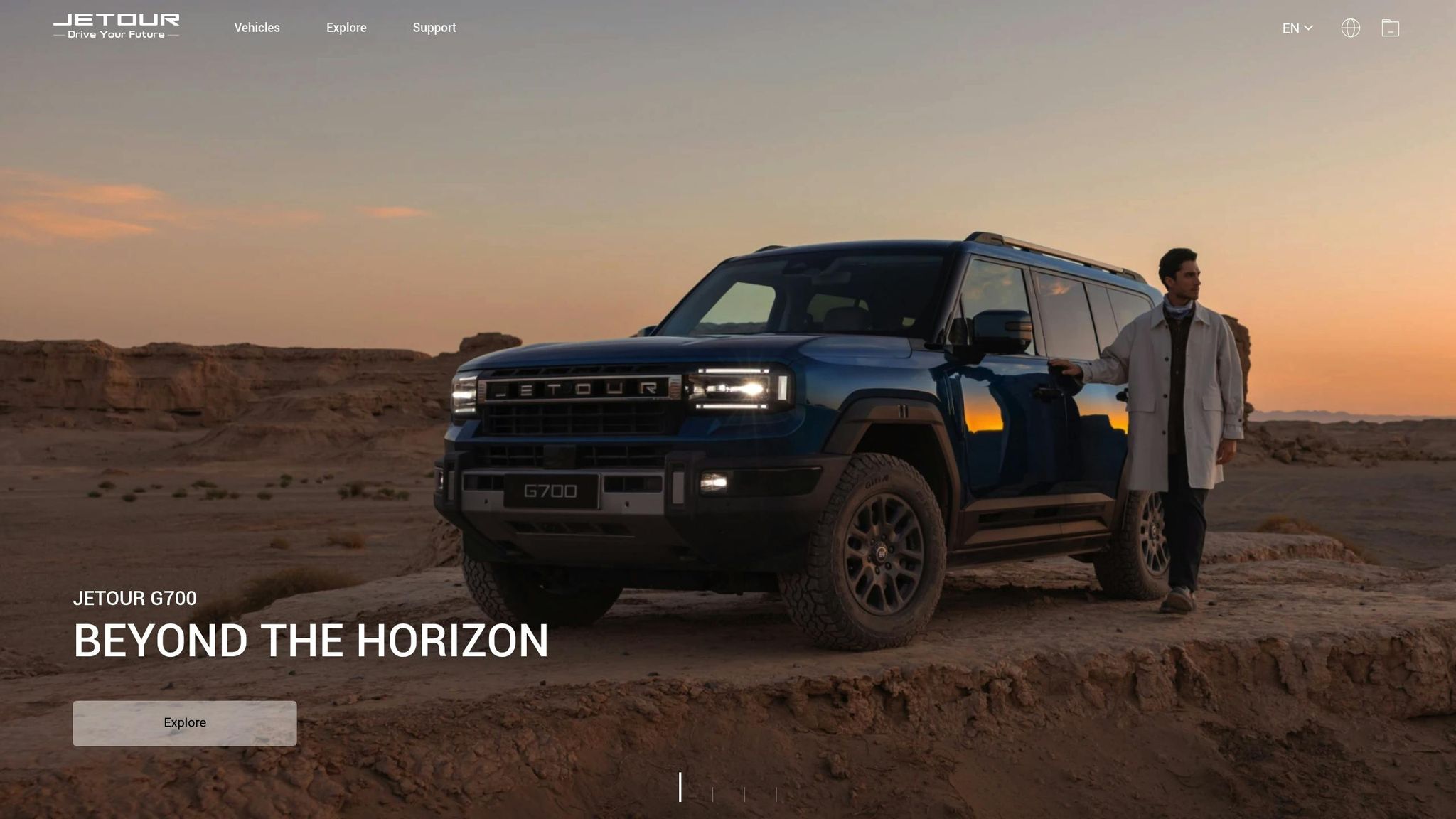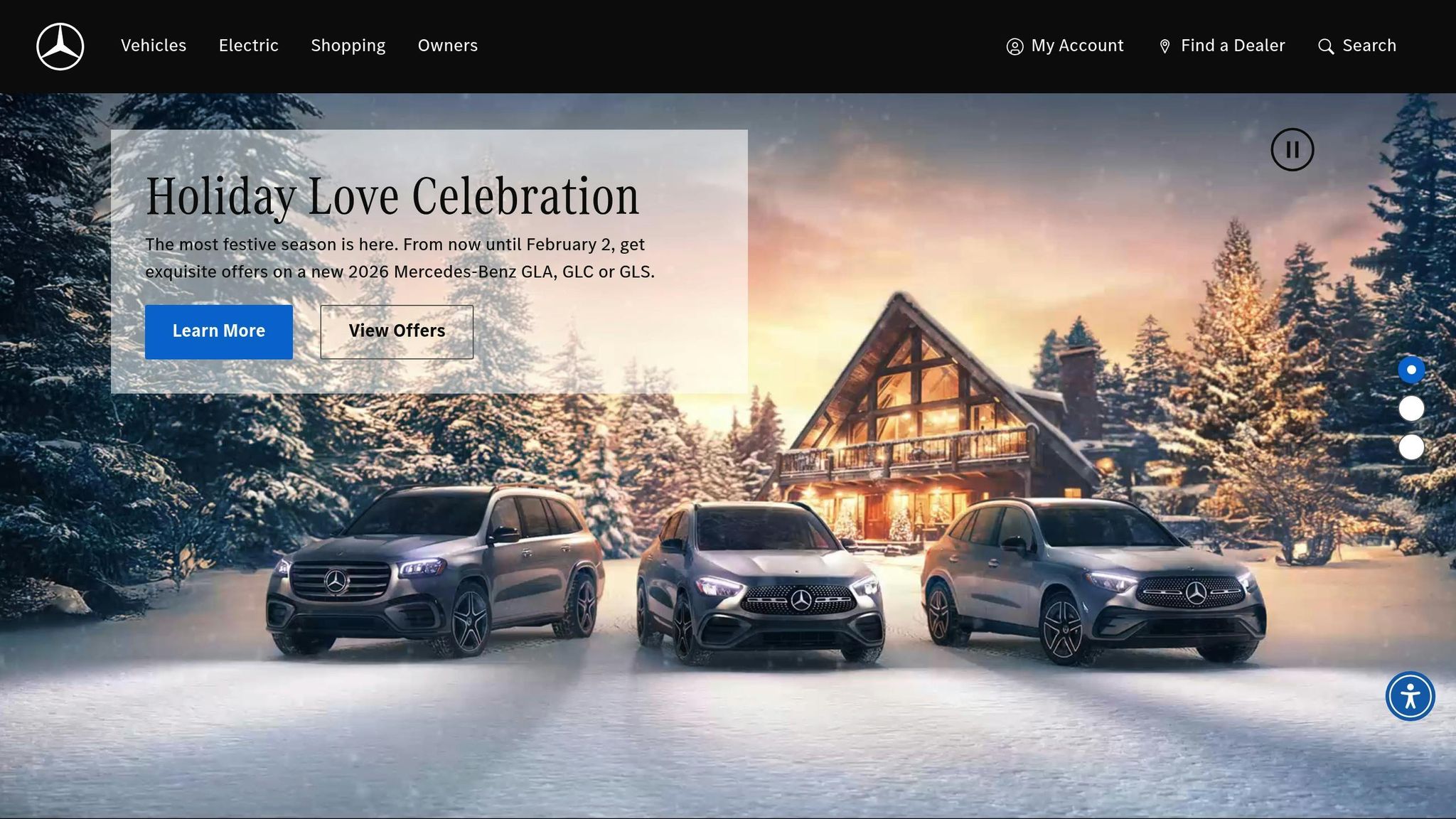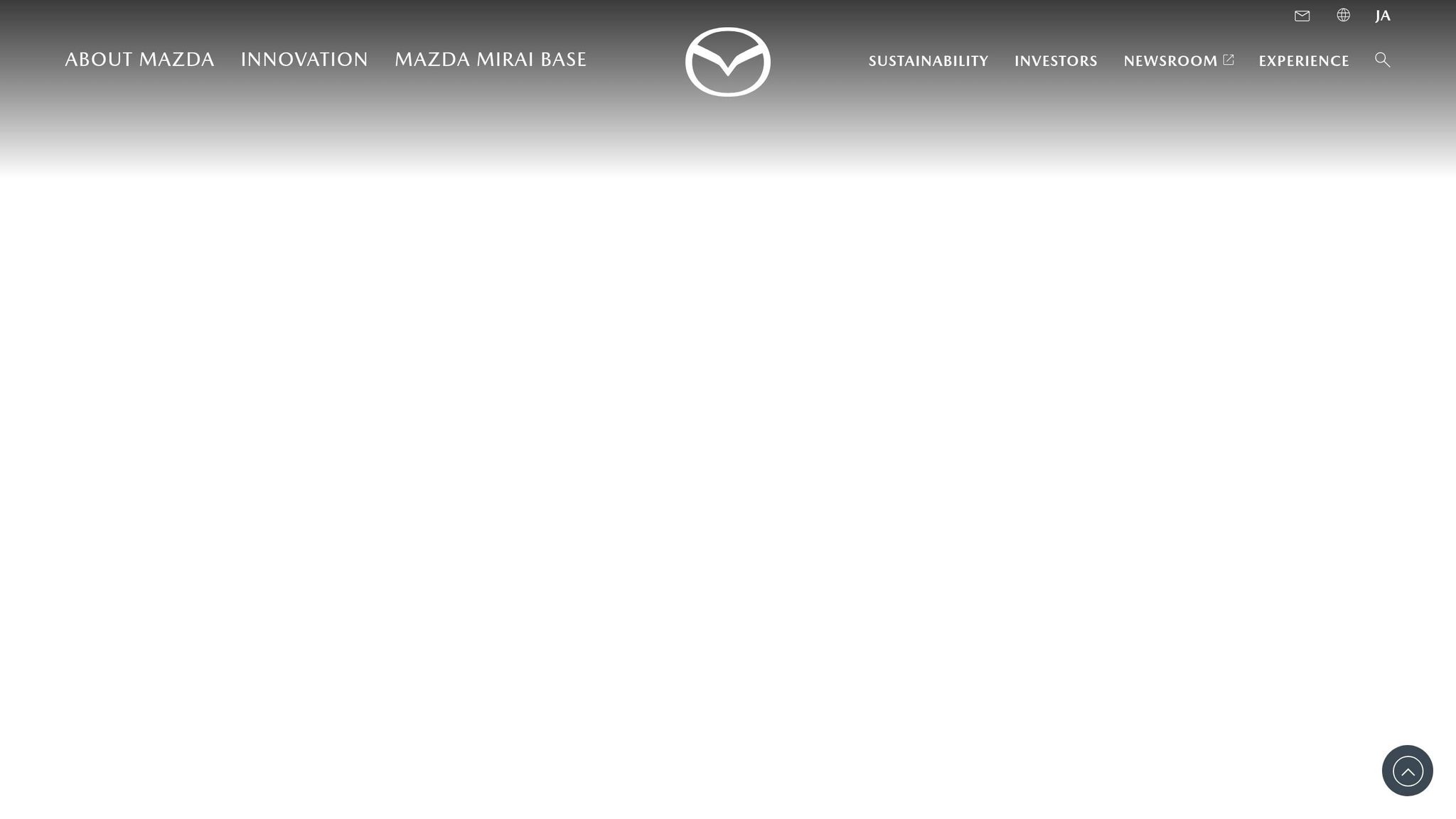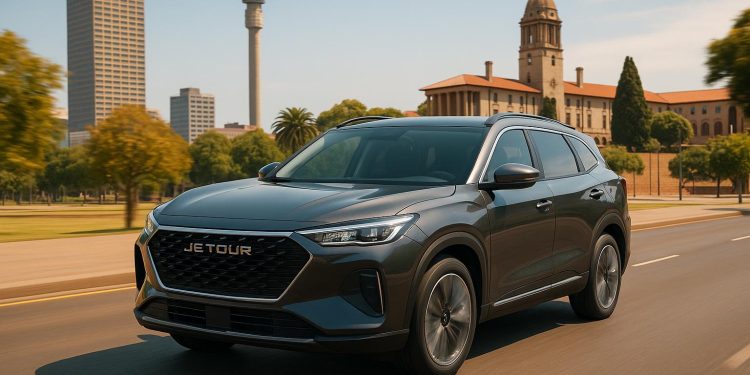Jetour, a Chinese automaker, has surpassed Mercedes-Benz and Mazda in South Africa’s automotive market, signaling a shift in consumer preferences. By focusing on affordability, modern features, and strong after-sales support, Jetour has quickly gained traction, particularly in the SUV and crossover categories. Meanwhile, Mercedes-Benz and Mazda, long-standing players, are struggling to keep up as buyers prioritize value over legacy appeal.
Key Takeaways:
- Jetour’s Strategy: Competitive pricing, feature-rich vehicles, and accessible financing options.
- Mercedes-Benz Challenges: High prices and reliance on luxury branding as younger buyers seek practicality.
- Mazda’s Struggles: Difficulty competing with newer brands offering similar features at lower costs.
Jetour’s rise highlights changing priorities in South Africa’s car market, with buyers favoring affordability and practicality over established reputations.
Jetour is Gaining BIG Ground in South Africa! | 31-01-2025 | ALL THINGS MOTORING NEWS

1. Jetour
Looking at Jetour’s performance in key areas, it’s clear how the brand has carved out a niche for itself in South Africa. By focusing on specific segments and making its vehicles accessible to a wide range of customers, Jetour has quickly gained traction in the market.
Sales Performance
Jetour has seen consistent growth, particularly in the SUV and crossover categories that are popular among South African buyers. Expanding its dealer network in major cities like Johannesburg, Cape Town, and Durban has been a significant driver of this success. This growing presence complements its competitive pricing and feature-packed offerings, fueling its upward trajectory.
Pricing and Features
Jetour vehicles are attractively priced and packed with modern features, such as touchscreen infotainment systems and smartphone connectivity. To make ownership even more accessible, the company collaborates with local financial institutions, offering flexible financing options that appeal to budget-conscious buyers.
Consumer Appeal
Jetour’s sleek designs and practical features, like spacious cargo areas and adaptable seating, cater to the everyday needs of South African consumers. Add to that strong after-sales support, including extensive warranties, and it’s easy to see why Jetour stands out. These qualities set it apart from more traditional competitors like Mercedes-Benz and Mazda, which often rely on legacy appeal rather than modern practicality.
2. Mercedes-Benz

Mercedes-Benz’s current standing paints a picture of a brand navigating shifting market preferences. Once a powerhouse in the luxury segment, the German automaker now faces challenges as consumers increasingly prioritize value over legacy prestige.
Sales Performance
In May 2025, Mercedes-Benz passenger car sales fell behind Jetour’s impressive 620-unit achievement, signaling a significant change in market dynamics. This drop highlights a growing trend: established luxury brands are losing ground to newer, more accessible competitors. The decline has been particularly evident since Jetour entered the market in September 2024, reshaping competition and sparking a closer look at pricing and feature strategies in the premium segment.
Pricing and Features
Mercedes-Benz vehicles remain synonymous with luxury, commanding high prices that reflect their German engineering and premium appeal. The brand offers a suite of advanced safety features, cutting-edge infotainment systems, and high-quality materials. However, these premium price tags have become a double-edged sword. While the craftsmanship and technology are undeniable, newer players like Jetour are delivering comparable features at significantly lower price points, making them more appealing to cost-conscious buyers.
Consumer Appeal
The iconic three-pointed star still holds substantial prestige in South Africa, symbolizing status and luxury. However, consumer preferences are evolving. Buyers – particularly younger ones – are placing greater importance on affordability and practicality, challenging the traditional allure of legacy luxury brands.
"Jetour’s rapid rise also reflects a broader shift in the automotive landscape, where legacy luxury brands are seeing a slowdown in sales and consumers are increasingly looking for smarter, more affordable alternatives that still offer premium features." – Nic Campbell, Vice President of Jetour South Africa
This shift in priorities is reshaping the market, as buyers seek vehicles that balance premium features with accessibility, leaving brands like Mercedes-Benz to rethink their strategies in an increasingly competitive environment.
sbb-itb-09752ea
3. Mazda

Mazda, like many of its competitors, is grappling with changing consumer demands. Known for its sporty designs and engaging driving experience, the Japanese automaker now faces tough competition in South Africa’s evolving automotive market. These changes have presented significant challenges for Mazda’s performance and positioning.
Sales Performance
While South Africa’s overall car market has grown, Mazda’s sales haven’t kept up with this upward trend. In a market crowded with newer players offering attractive options, Mazda has struggled to claim a larger share of the pie. The competition has intensified, making it harder for the brand to stand out.
Pricing and Features
Mazda has long positioned itself as a premium mainstream brand, blending sporty handling with practical functionality. Its SKYACTIV technology continues to deliver reliable performance and refined driving dynamics. However, competitors like Jetour are shaking things up by offering similar features at much lower prices. When buyers can get comparable technology and comfort for less, Mazda’s pricing strategy starts to feel less competitive. This has put pressure on the brand to rethink how it delivers value to consumers.
Consumer Appeal
Mazda’s reputation for delivering responsive and enjoyable driving experiences isn’t as influential as it once was. In today’s economic climate, South African buyers are placing a higher priority on value. With inflation easing to 2.8% in May 2025, consumers are becoming more selective, weighing price and performance more carefully. The rise of brands like Jetour shows that South Africans are open to exploring newer options that offer a strong mix of features, comprehensive warranties, and competitive pricing – areas where Mazda has yet to fully adapt and compete effectively.
Brand Comparison: Strengths and Weaknesses
Earlier, we explored the core offerings of each brand. Now, their strategic differences in South Africa’s automotive market come into sharper focus. What stands out most is how these brands approach earning consumer trust. Jetour, a newer player, has zeroed in on after-sales service and comprehensive warranties as a way to win over buyers. This strategy is a clear attempt to establish credibility and foster trust among South African consumers.
On the other hand, established names like Mercedes-Benz and Mazda lean heavily on their longstanding reputations. Mercedes-Benz continues to highlight its heritage of luxury and cutting-edge engineering, while Mazda emphasizes its focus on performance and sleek design. However, neither has adapted its approach to address the growing importance of robust after-sales support – a factor increasingly influencing buyer decisions.
Here’s a quick comparison of their strategies:
| Brand | Key Strategy Focus |
|---|---|
| Jetour | Prioritizes after-sales service and warranties to build trust. |
| Mercedes-Benz | Leverages its legacy of luxury and advanced engineering. |
| Mazda | Focuses on performance and stylish design. |
This breakdown underscores how Jetour’s emphasis on post-purchase support sets it apart. For South African buyers, who are placing more value on after-sales care, this could be a game-changer in the market.
Conclusion
Jetour’s swift rise in South Africa, outpacing well-known names like Mercedes-Benz and Mazda, reflects a shift in what consumers value in the automotive market. Instead of relying on an established reputation, Jetour has gained traction by focusing on affordability and features that align with the needs of modern buyers.
By offering competitive pricing and up-to-date features, Jetour presents itself as a strong contender. However, those prioritizing luxury or high-performance vehicles may still gravitate toward traditional brands.
This trend points to broader changes in the market, where practical and customer-focused approaches are reshaping expectations and pushing established automakers to rethink their strategies. These shifts hint at a future where the automotive industry may look very different.
Jetour’s success in South Africa emphasizes that customer loyalty is earned through real value and responsiveness to evolving preferences – not just legacy. With competitive pricing and robust after-sales support, Jetour is redefining what it means to succeed in an ever-changing market.
FAQs
What has driven Jetour’s rapid rise in South Africa’s car market?
Jetour has made a name for itself in South Africa by focusing on the idea of affordable luxury. By combining high-quality vehicles with advanced technology, stylish designs, and competitive pricing, the brand has attracted buyers who want great value without giving up on premium features.
Jetour’s commitment to customer satisfaction has also played a big role in its success. The company has built a strong dealer network and ensured easy access to parts through a modern warehouse system. One of its standout perks is the impressive 10-year, 1-million-kilometer engine warranty, which has earned the trust of many consumers. Popular models like the X70 Plus and Dashing have further strengthened Jetour’s position by catering to the varied needs of South African drivers.
What makes Jetour’s after-sales service stand out in South Africa compared to other automotive brands?
Jetour is making a serious effort to provide dependable after-sales service for its customers in South Africa. To achieve this, the company has set up a broad dealer network and a fully stocked parts warehouse located in Midrand, Johannesburg. These initiatives ensure that replacement parts are easily accessible and service requests are handled promptly.
This focus on customer care highlights Jetour’s dedication to convenience and reliability, offering a refreshing alternative to more established brands in the market.
How is Jetour’s success in South Africa influencing established car brands?
Jetour has experienced impressive growth in South Africa, even surpassing prominent names like Mercedes-Benz and Mazda. This momentum is forcing long-established automakers to reevaluate their strategies. Jetour’s ability to offer competitively priced, feature-packed vehicles has shifted consumer preferences, presenting a serious challenge to traditional market leaders.
To stay competitive, some brands are reworking their offerings by rolling out more budget-friendly models or stepping up their after-sales services. Jetour isn’t slowing down either – its plans to introduce a double cab truck by 2027, aiming to rival heavyweights like the Toyota Hilux and Ford Ranger, promise to further heat up the competition.
Related Blog Posts
- Top 5 Cars for South African Roads
- Luxury vs Budget Cars: SA Market Trends 2025
- Chinese EV brands gain momentum in South African market
- South Africa new-vehicle sales hit 55 000+ in October 2025 – best month in a decade





